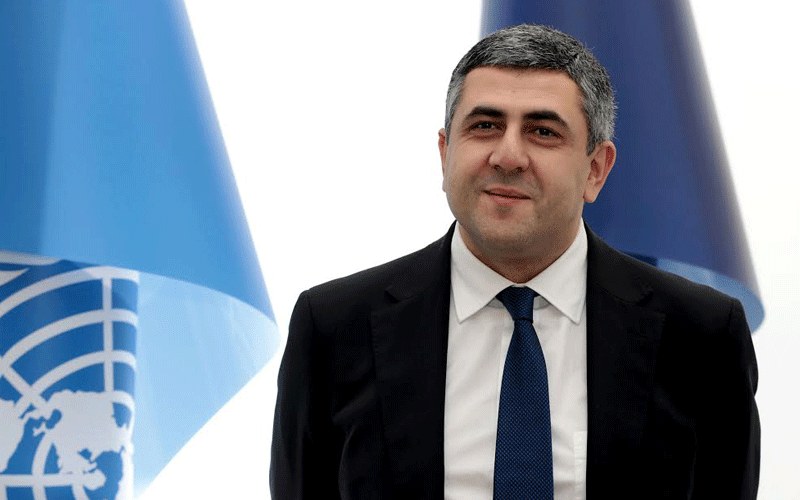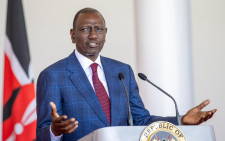Africa well-placed to benefit from tourism recovery

Zurab Pololikashvili
Around the world, countries are steadily shifting from responding to the Covid-19 pandemic to the recovery phase.
And for many, tourism will play a key role in job creation, supporting livelihoods and driving inclusive development.
But tourism itself has been hit hard by this unprecedented crisis. During the first five months of the year alone, the world welcomed 300 million fewer international tourists than in 2019, The World Tourism Organisation (UNWTO) data shows.
This translates into around Sh34.6 trillion (US$320 billion) in lost revenues, triple the amount lost in 2009 during the global economic crisis.
Looking at Africa, there has been a decrease of 47 per cent in international tourists.
This sudden and unexpected fall places many millions of jobs and people’s livelihood at risk.
So, how can we get tourism moving again? Africa has certain notable advantages over other global regions.
For most international tourists, Africa is a prime destination for nature tourism – to see wildlife or to experience unspoiled landscapes and habitats.
Furthermore, Africa, as the World Health Organisation statistics show, has been the least affected of all global regions.
All this presents an opportunity for African countries to market themselves as safe destinations.
Indeed, African member states have singled out promoting ‘Brand Africa’ as a key priority when adapting to our 2030 Agenda for Africa to better reflect the changed circumstances caused by the pandemic.
On the back of this feedback, we have launched a special Branding Africa Challenge to identify the best marketing ideas and strategies that will allow prospective tourists to see a different, more positive side to the continent.
We are also working closely with Members to promote innovation and entrepreneurship, recognising that overcoming unprecedented challenges often requires new ideas and new voices.
UNWTO is also working with member states to help them realise the potential of both domestic and regional tourism.
Capitalising on this will not only help support those who are dependent on a strong tourism sector, it will also protect tourism businesses, 80 per cent of which are small enterprises.
Furthermore, across Africa, the revenues generated by tourism are a key source of funding for conservation projects as well as a source of livelihoods for rural communities and particularly for women and youth.
Growing domestic tourism while at the same time preparing for the return of international tourism will, therefore, allow the many social and economic benefits the sector provides to return.
Government’s role
Just as individuals have a role to play in getting tourism moving again – by travelling domestically and by being a responsible tourist – so too do governments have a responsibility to support a sector upon which millions of people depend.
There is a pressing need for financial assistance and fiscal policies that support tourism businesses, especially small enterprises. In conclusion, the sector has shown an ability to adapt and respond to challenges overtime.
Learning from the lessons of the past while also embracing innovation and new ideas will be pivotal as we restart tourism across Africa, and so reestablish the sector as the ultimate driver of growth and opportunity for all. -The writer is the Secretary-General, UNWTO.












